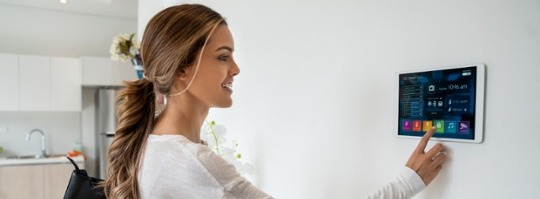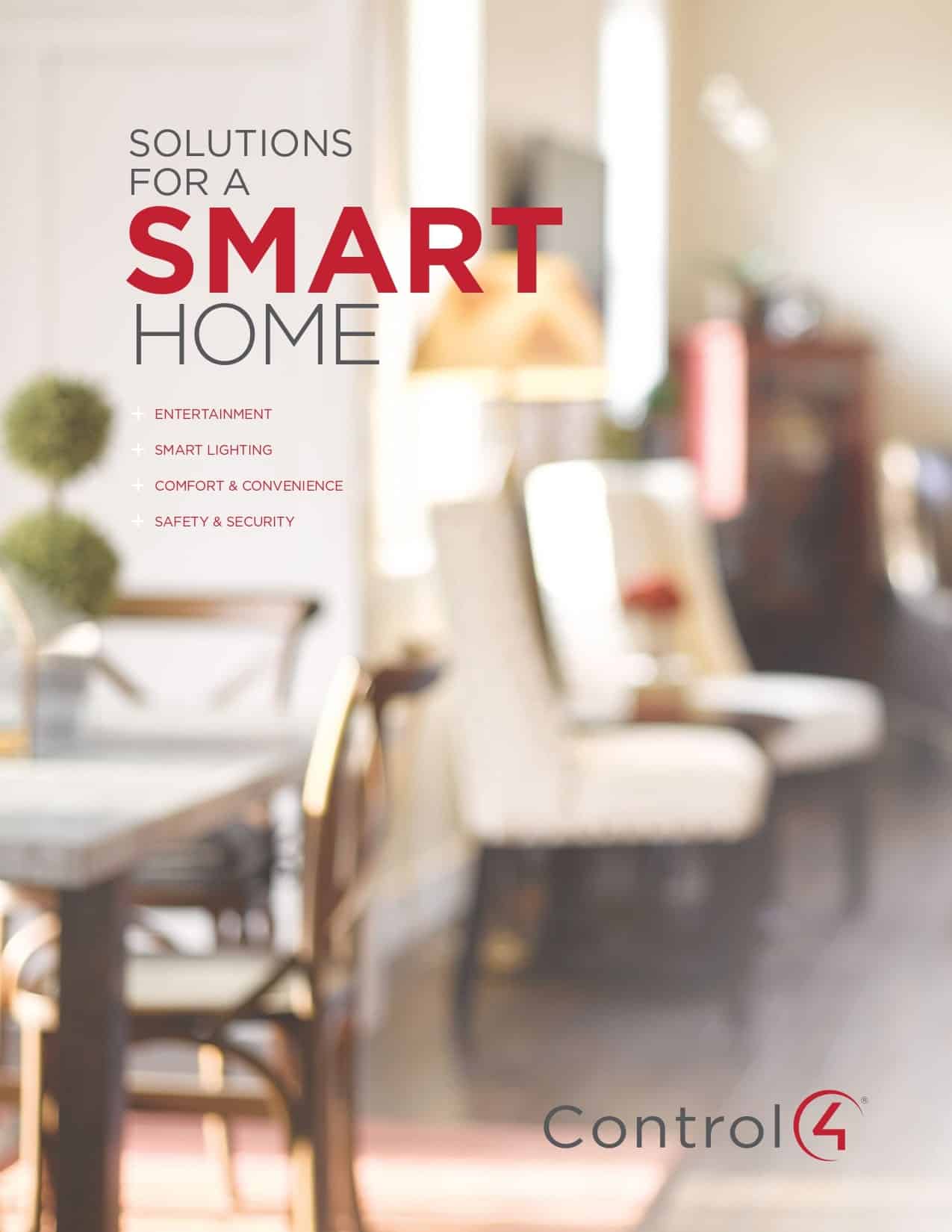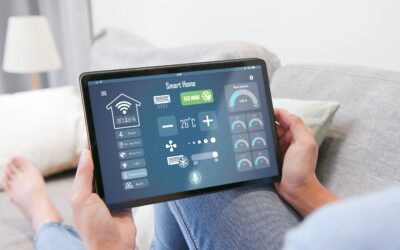Smart home automation is quickly evolving into one of the fastest, largest markets in technology and continues to grow. By 2022, the global smart home market is expected to reach a value of more than $53 billion.
And as more and more people continue to move out of New York and into Connecticut, we have received many questions from new residents on the smart home automation features to look for. If you’re in the market for a new, modern home, it is likely that you will tour homes that are fully immersed with smart home automation technology. As such, it’s important to understand your new home’s gadgets by asking these crucial questions.
1. What devices were used in the home?
While the home you’re searching for may not include the actual devices that are there while you’re touring the property, it still gives you a good idea of what’s possible. The seller should give you a complete list of what devices were used within the home as this could impact the monthly cost of running the property.
Smart home devices do not only increase the functionality and convenience of many everyday activities, they can also optimize your home’s energy use, saving you money every year. Homeowners save an average of 10-12% on monthly heating costs and approximately 15% on cooling costs. Enabling smart automation that is synched to your devices like smart shading, thermostat and lighting control, can create a bundle of cost savings.
2. What devices are staying in the home?
The general rule of thumb when purchasing a home, is that everything that is a fixed part of the wall or ceiling stays in the home. However, your realtor can confirm of all the items that can stay. For example, if the home contains motorized shading devices, that may be a feature your realtor needs to confirm is included with the price of the home.
If a device comes with the home, be sure to ask the sellers if they can transfer these devices over to you. You may need a Control4 dealer to assign the system to your email and login credentials for example.
3. Do the devices come with warranties?
Most smart home system dealers offer a warranty on parts and labor for the original customer. We recommend reviewing these items and making note of their policies in case you ever need to replace them. Also, if they come with a renewable warranty, we do recommend keeping it. Just like a home warranty, it is there for the unexpected; and when you’re dealing with high-tech gadgets in a smart home, it is best to protect your investments.
4. Do smart devices require monthly fees?
Be aware that depending on the setup and devices used, you may have to pay a monthly fee. For example, if a smart security system is installed, you may have to pay for the third-party monitoring system each month which usually costs around $40 a month. Control4 4sight license that allows you to control the entire house remotely costs $99 a year.
In addition, enhanced functionality for certain devices may come at a greater cost. For example, if your new home features smart home lighting, a smart light switch may cost upwards of $100, while a conventional light switch will run you just a couple of dollars.
5. Is the home network hardwired or wireless?
As our homes become more tech-savvy, filled with more devices, a strong infrastructure is vital. Structured wiring, or hardwiring, is the backbone for the technology use of your home and is how your whole home network operates. Without a structured wiring system in place, you can experience less than desirable performance from your WiFi-enabled devices. This is especially important to have if you’re living in a connected smart home as it enables multiple wireless devices to be active at the same time.
In addition, there are various building materials used in construction – concrete, stone, steel – and a structured wiring system eliminates wireless interference these products may cause. If your smart home network is wireless, you can update it down the road with a home retrofit using structured wiring.
To retrofit your home with structured wiring, a comprehensive plan is created. It is a complex project, but comes with many benefits, such as increased internet reliability for smart home devices, scalability and complete internet coverage for your entire home, inside and out. This is why it is strongly recommended to partner with a professional who is highly experienced in structured wire retrofits.
6. Have all the smart devices been reset to their factory settings?
After purchasing a smart home, you’ll want to assure all smart devices are reset to their factory settings to allow you to customize everything to your preferences. New access codes and passwords can then be setup once you move in. It also protects all party’s personal information.
7. Does the smart home meet all of your family’s current needs?
If you’re in need of a more robust system or features, partner with an expert in the area that can help evaluate your specific requirements. A professional will visit your home and create a custom home plan and budget that specifically addresses your pain points. There is a lot to consider when searching for a new home. By knowing the right questions to ask, you’ll be able to weigh the pros and cons that come with the new home.
At Lifetronic Systems, we create a custom plan that is right for you and your family. After understanding your goals during your free consultation, we create a custom home plan. If you’re considering adding smart home features and connected devices to your home, contact us here.





